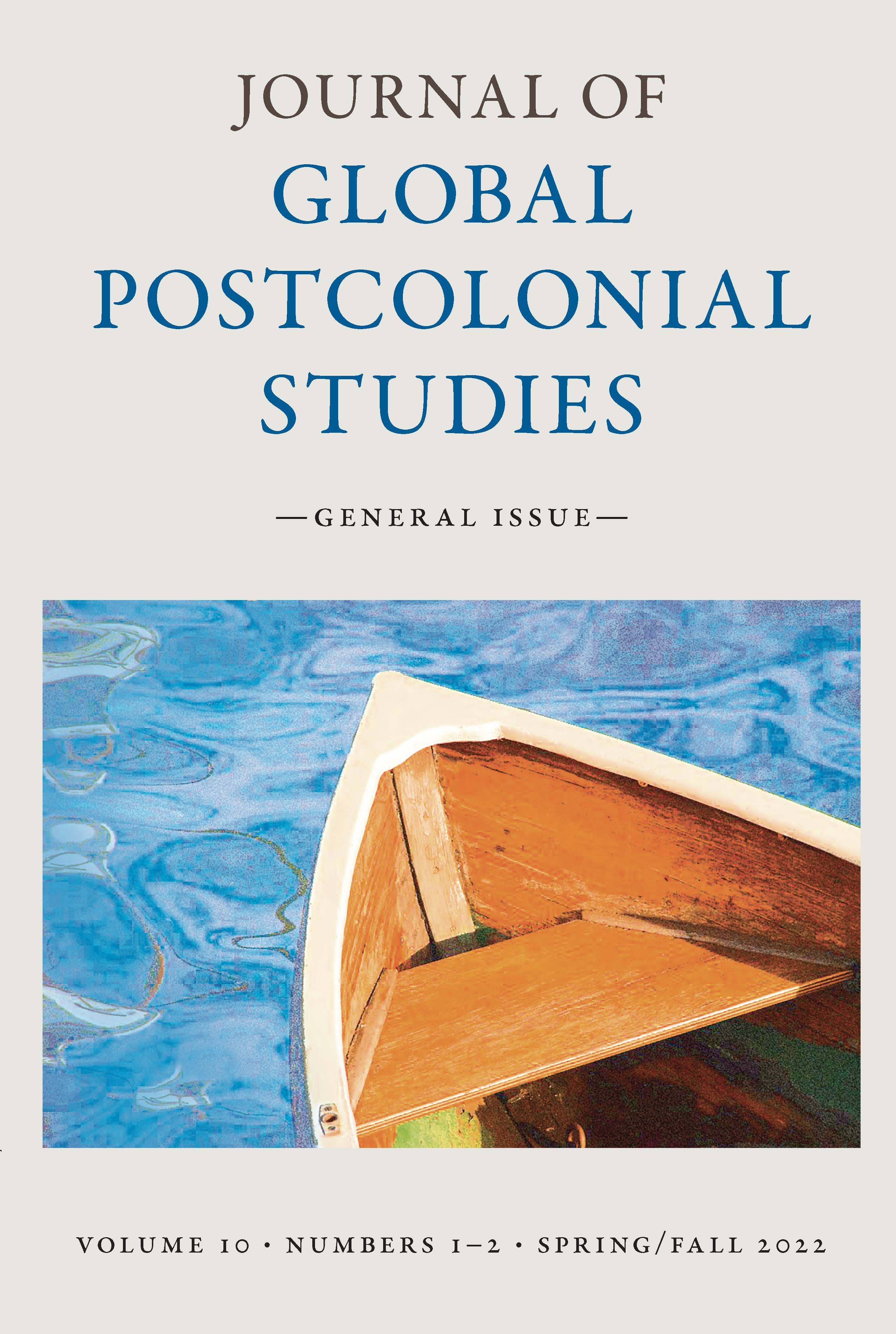Settler Colonialism and Science Fiction Imagining the Worlds Turned Inside Out
Main Article Content
Abstract
For those who were not Indigenous to it, the Americas were once the ‘New World’, colonies, and distant and alien places. When it comes to imagining new worlds, there is no better new world than a literally brand new one. Mars is the closest, and humans recently hurled a few sophisticated objects at it. Billionaire Elon Musk is planning to hurl a few more in that direction and turn it into a colony. Mars, however, has been mainly an imagined place. Science fiction as a literary genre has imagined it, and many other new worlds, and has routinely done so to reflect on real or impending contradictions developing in this one. The contradictions are in a sense where the new worlds are imagined from, but the new worlds are imagined as colonies located somewhere else. This paper sketches the evolution of science fiction colonialism and focuses on the ways in which it is contiguous with a political tradition I have elsewhere defined as ‘the world turned inside out’.

